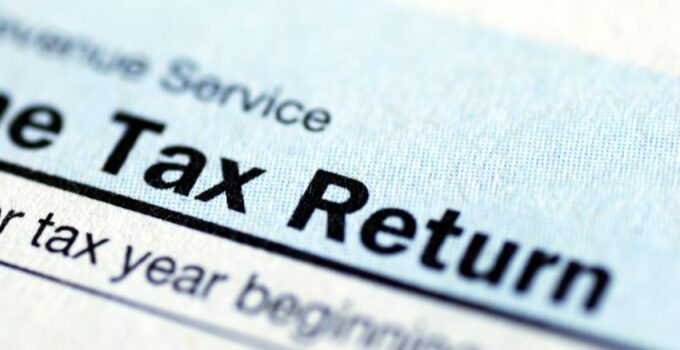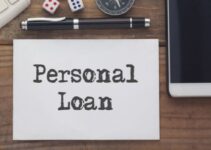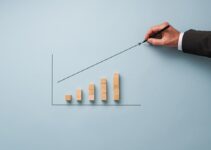Getting a healthy tax return can feel a little like a windfall. While the money has technically been yours all along, that refund still comes with the big question: what should I do with this money? Whether your tax refund is a couple hundred dollars or a few thousand, you need to decide what’s the best way to proceed with your latest government deposit.
If you are getting a significant tax return this year, it’ll be because the taxes that have been withheld from you are greater than what you actually owe on your income. That’s why it’s so important to make the most of tax credits, claim all applicable expenses, and make RRSP contributions to reduce the dollar amount of taxes you owe. If you are someone who is facing insolvency or dealing with debt difficulties, then tax season is an important time for you to review your finances.
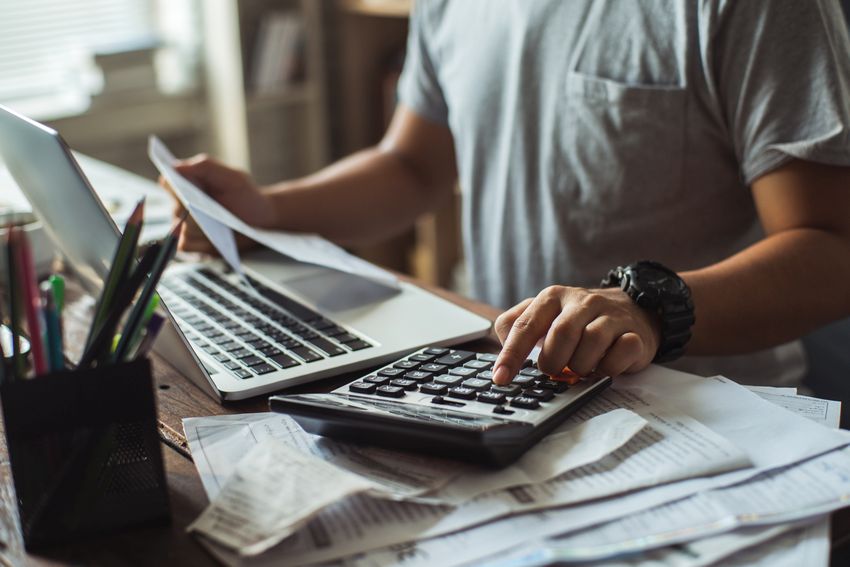
source:cardratings.com
You Are Under Serious Pressure from Debt
Just click on this link for more information about how an empathetic and knowledgeable Licensed Insolvency Trustee (formerly known as a bankruptcy trustee) can help you navigate the murky waters of debt recovery.If you’re in a position where you’re trying to regain control of your finances, an impressive tax return can be a major source of fiscal relief. Not sure what’s the smartest move to make with your shiny new tax return? Read on.
You Need to Pay Down Debts
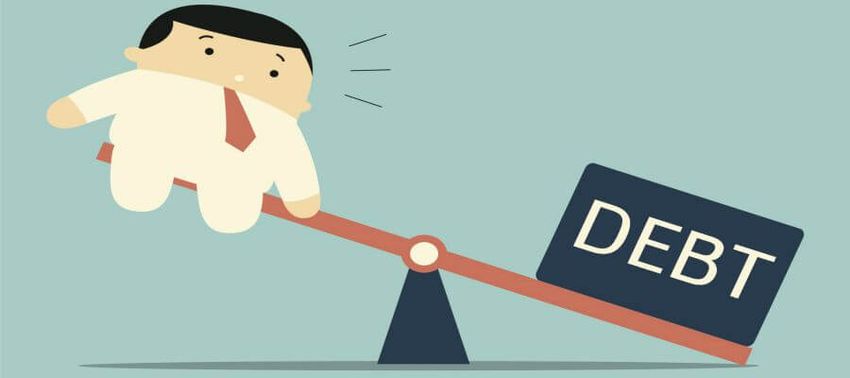
source:imoney.ph
Simply put, the best thing that you can do with your tax refund is to put it towards paying down your debts. If you’ve in the process of completing the obligations of a consumer proposal, for instance, then the extra cash can go towards payments and get you that much closer to discharge.
Stop Collecting Interest
You need to consider the grand scheme of things when it comes to your refund. While it’s tempting to splurge on a new TV, it’s wiser to pay off debts to keep them from accruing more interest. Even smart financial moves like contributing to an RRSP or a TFSA should be second priority to paying off significant debt.
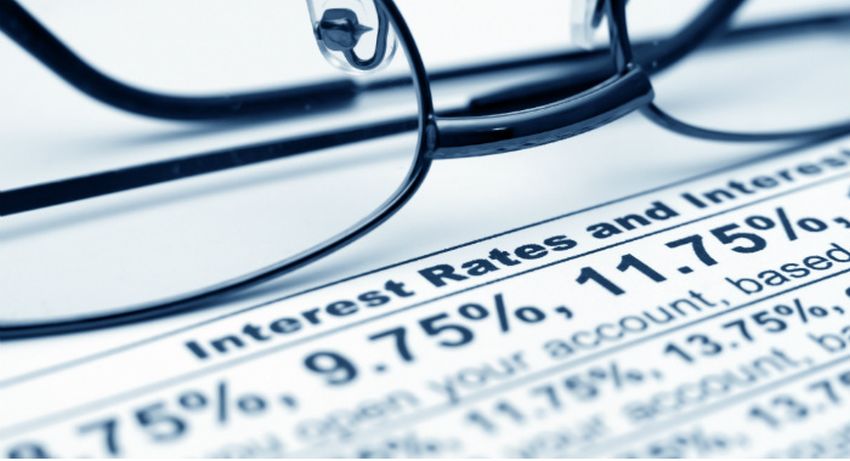
source:credit.com
How do you know that it’s better to pay off debt than make an investment? Compare the interest rate on the debt you’re paying down with the potential after-tax return on a potential investment. Ask yourself what would happen if your investment would fall short or you would end up losing money.
Less Debt Frees Up Your Finances
If you’re considering filing for bankruptcy or don’t know what to do about the debt that you owe, consult with a bankruptcy trustee to figure out what your financial future has in store. In some cases, it might be that with some budgeting and credit counselling, you can avoid declaring bankruptcy and consumer proposals altogether.
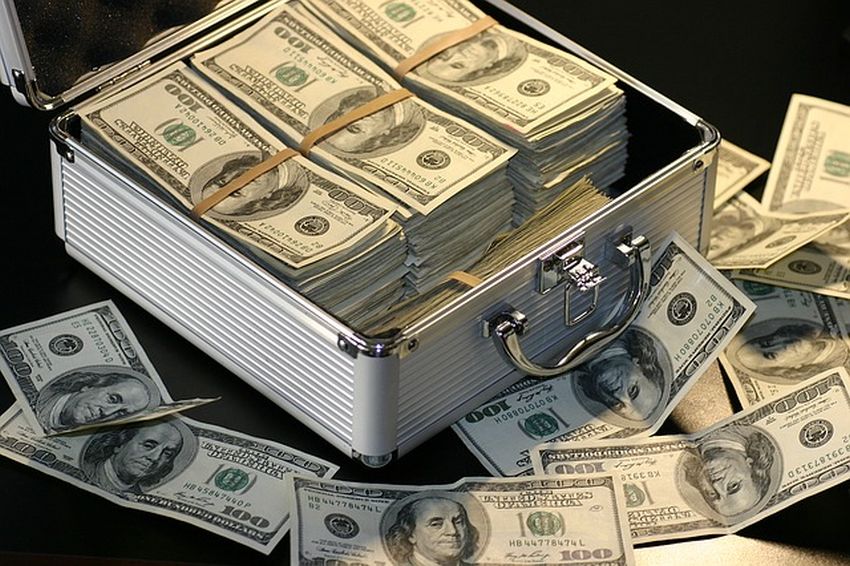
source:finyos.co.za
In these instances, your priority becomes paying off debt and lowering your interest payments. Reducing your interest payments has beneficial long-term returns and frees up money that you could otherwise put towards saving for your financial goals. Don’t lose sight of the big picture if it just so happens that you get a big tax return. Make paying off debt your first priority. You’ll be thanking yourself down the line.

